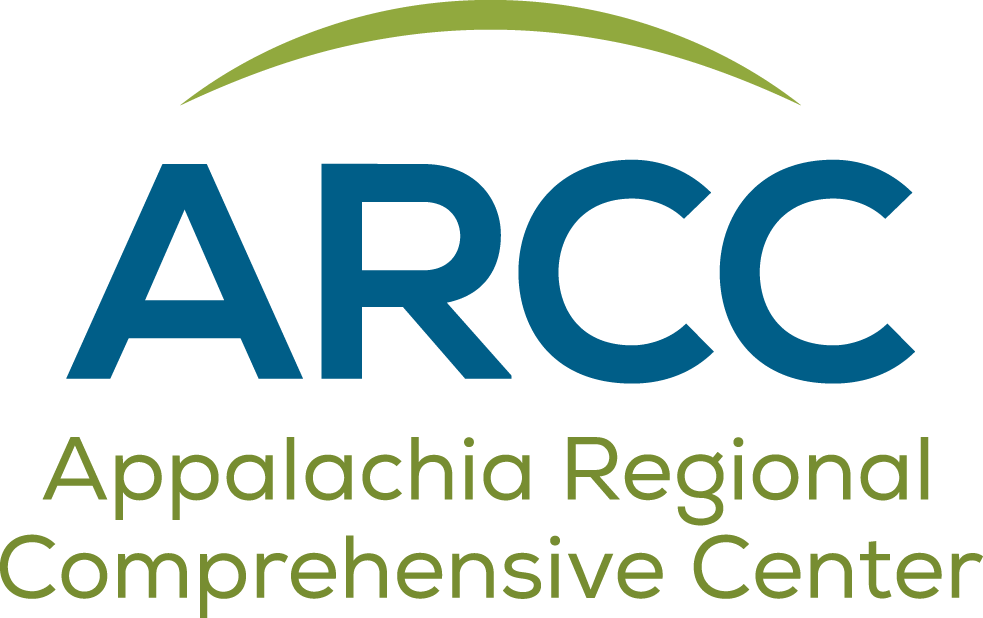Tennessee micro-credentialing pilot: Can innovative practices help teachers succeed?
The Tennessee Department of Education (TDOE) saw the potential benefits of personalized learning and micro-credentials for educators but needed to prove the concept. ICF’s Appalachia Regional Comprehensive Center (ARCC) collaborated with TDOE to bring together representatives across districts and develop a pilot program—ultimately providing key insights for future planning.

Challenge
Micro-credentialing is a complex new concept with limited information and expertise available for successful implementation.
Solution
Use best practices from instructional learning to shape a micro-credentialing model specific to the needs of the TDOE.
Results
Micro-credentials are a way for teachers to demonstrate professional competencies and provide evidence of outcomes from professional learning. ARCC staff assisted TDOE with a three-year pilot, from planning and structure to implementation and data collection. Through consistent communication and training, TDOE’s internal capacity for micro-credentialing has increased, and the department is far less dependent on external support for execution.

Making personalized learning a part of teacher development
The Tennessee Department of Education wanted to explore local and national strategies to inform in-state initiatives. Leadership needed sound recommendations to drive the overall direction of professional development for teachers. TDOE convened a task force of stakeholders—including ARCC staff, schools, districts, non-profit partners, institutions of higher education, and divisions within the department of education—to provide different perspectives on the current landscape and future opportunities for personalized learning in Tennessee. The resulting report indicated opportunities for a micro-credentials system. TDOE chose to build a pilot to provide insights on the value of this new model, along with the potential impact for broader professional development redesign efforts and licensure requirements.

Measuring the impact of micro-credentialing
Micro-credentialing provides flexibility, choice, and relevance to educators. They have control over how the learning occurs and can choose topics that are most relevant to their position and professional learning needs. While individuals can earn micro-credentials independently, impact measurement provided avenues for potentially expanding personalized learning for educators across the state.
In K-12 education, most pinpoint the inception of interest in micro-credentialing to former Secretary of Education Arne Duncan’s 2011 announcement that “Badges can help speed the shift from credentials that simply measure seat time, to ones that more accurately measure competency.”
There is little empirical research on the impact of micro-credentials on educational outcomes, such as teacher retention and satisfaction or student achievement. However, several organizations, both in-and-out of education, have implemented micro-credentialing systems and shared lessons from their experiences. A review of literature about micro-credential systems conducted by ICF and ARCC staff helped inform TDOE’s activities. ARCC staff are now helping gather new evidence of the impact of TDOE’s micro-credential program.
